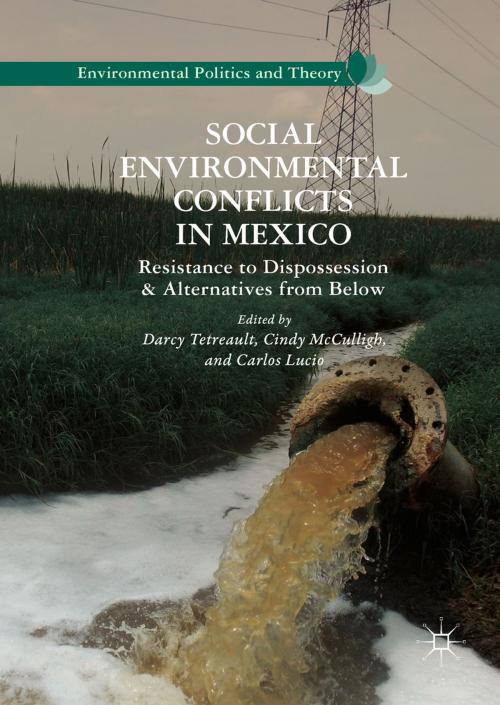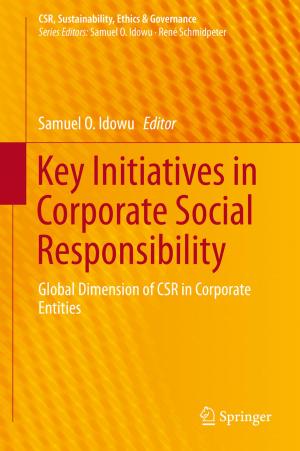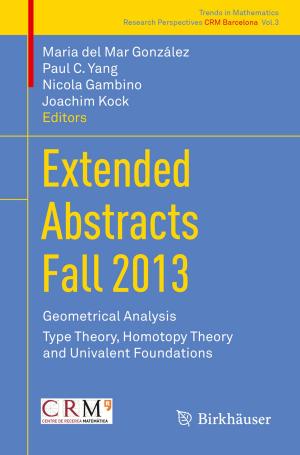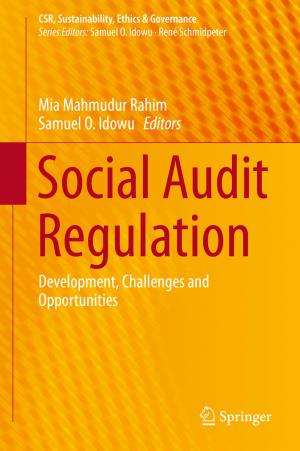Social Environmental Conflicts in Mexico
Resistance to Dispossession and Alternatives from Below
Nonfiction, Social & Cultural Studies, Political Science, Government, Public Policy, International| Author: | ISBN: | 9783319739458 | |
| Publisher: | Springer International Publishing | Publication: | March 10, 2018 |
| Imprint: | Palgrave Macmillan | Language: | English |
| Author: | |
| ISBN: | 9783319739458 |
| Publisher: | Springer International Publishing |
| Publication: | March 10, 2018 |
| Imprint: | Palgrave Macmillan |
| Language: | English |
What are the political economic conditions that have given rise to increasing numbers of social environmental conflicts in Mexico? Why do these conflicts arise in some local and regional contexts and not in others? How are social environmental movements constructed and sustained? And what are the alternatives? These are the questions that this book seeks to address. It is organized into three parts. The first provides a panoramic view of social environmental conflicts in Mexico and of alternatives that are being constructed from below in rural areas. It also provides an analysis of the recent reforms to open the country’s energy sector to private and foreign investment. The second is comprised of local-level case studies of conflict (and no conflict) in diverse geographic locations and cultural settings, particularly in relation to the construction of wind farms, hydraulic infrastructure, industrial water pollution, and groundwater overdraft. The third explores alternatives from below in the form of community-based ecotourism and traditional mezcal production. A concluding chapter engages comparative and global analysis.
What are the political economic conditions that have given rise to increasing numbers of social environmental conflicts in Mexico? Why do these conflicts arise in some local and regional contexts and not in others? How are social environmental movements constructed and sustained? And what are the alternatives? These are the questions that this book seeks to address. It is organized into three parts. The first provides a panoramic view of social environmental conflicts in Mexico and of alternatives that are being constructed from below in rural areas. It also provides an analysis of the recent reforms to open the country’s energy sector to private and foreign investment. The second is comprised of local-level case studies of conflict (and no conflict) in diverse geographic locations and cultural settings, particularly in relation to the construction of wind farms, hydraulic infrastructure, industrial water pollution, and groundwater overdraft. The third explores alternatives from below in the form of community-based ecotourism and traditional mezcal production. A concluding chapter engages comparative and global analysis.















